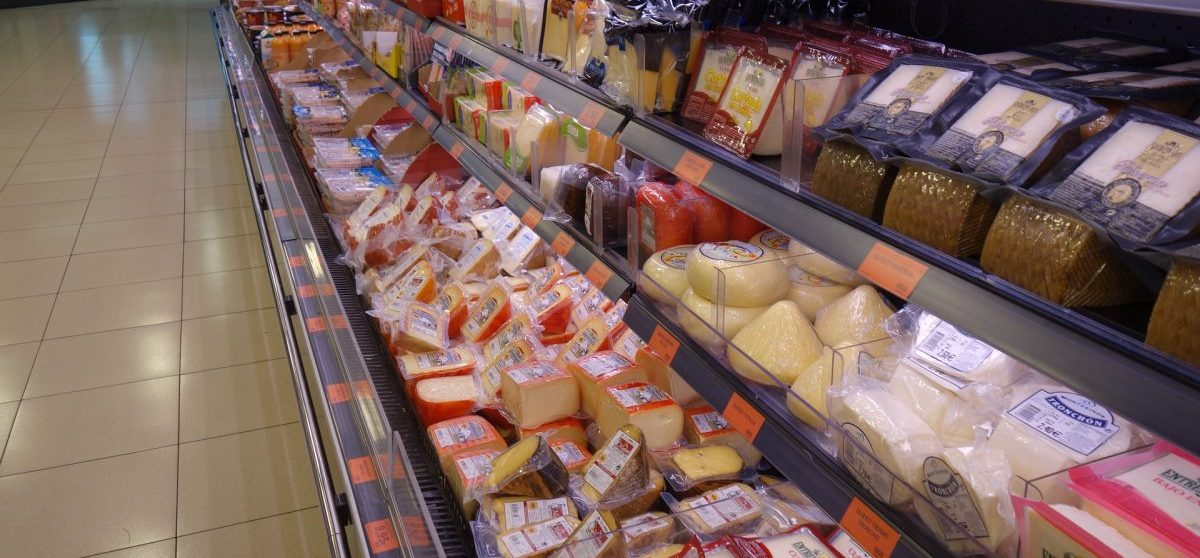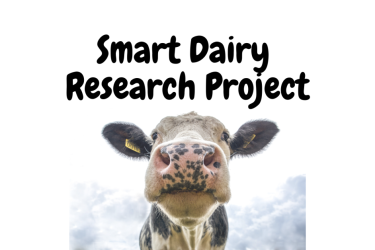By John Giles
The last few weeks have shown us how fragile food supply chains are, but they have also shown us how resilient they can be too.
While modest panic buying in the UK led to supermarket shelves being cleared of some products, most shops have ensured supplies are getting through. With some exceptions, consumers can get what they want — even if some products are being limited.
For agricultural or food business heavily reliant on supplying the foodservice sector — where demand all but disappeared overnight — things will very tough at the moment. It reiterates the need for food companies to have balance in terms of customers and not to put your eggs all in one basket.
If you’re a producer in that position, there are things you can do: while foodservice companies aren’t taking supplies, some retailers say they can’t get enough of certain products, so talking with supermarkets and processors about what they need could help you find other customers.
At the same time, it could be that COVID-19 will see online shopping systems come into their own, as consumers look at different ways of buying food and drink.
The online channels have been in strong growth for the last two or three years, and COVID-19 is likely to accelerate this market further provided they can get to grips with delivery issues experienced during the early weeks of the pandemic. Convenience-based outlets will also do well as consumers limit travel to do their shopping.
Testing resilience
The coming weeks, undoubtedly, are going to test the resilience of every business in the food supply chain.
Farmers, processors and food businesses can carry on for a short period, but if this goes on for many months there could be those who just can’t deal with the pressure.
For food companies who have already had to deal with the global financial crisis of 2008, the uncertainty of Brexit, and other issues such as ASF, this is another supply chain shock they have to deal with.
UK businesses have also had to contend with the fundamental change in the structure of the retail market, with discount retailers like Aldi and Lidl taking market share from the big four supermarkets.
In the foodservice sector, the overall pressure in the high street has seen the sector tighten and as a result, we have already seen a number of high-profile casualties.
Consumer confidence
Long-term, consumer confidence could also be an issue. The government has promised to pump in billions of pounds to help support businesses through this difficult time, but some of the further economic impacts are likely to be hard.
There is a danger that, just when it looked as if a sustained period of economic austerity was coming to an end, we might find ourselves in the middle of another two or three-year period of recession.
For the food sector, which is normally relatively resilient, the harder consumer finances are hit by the pandemic the more it will affect what they buy.
Hard-pressed consumers might either stop buying high-value products, cut back on purchases, or trade down to more value-oriented options.
The foodservice sector could also continue to struggle if consumes are cautious about going out and what they spend their money on.
For most of the supply chain, the coming months will undoubtedly test their resilience. Those that are successful will be the ones which can react quickly to the challenges that are not just happening now, but also to the ones that lie ahead.








